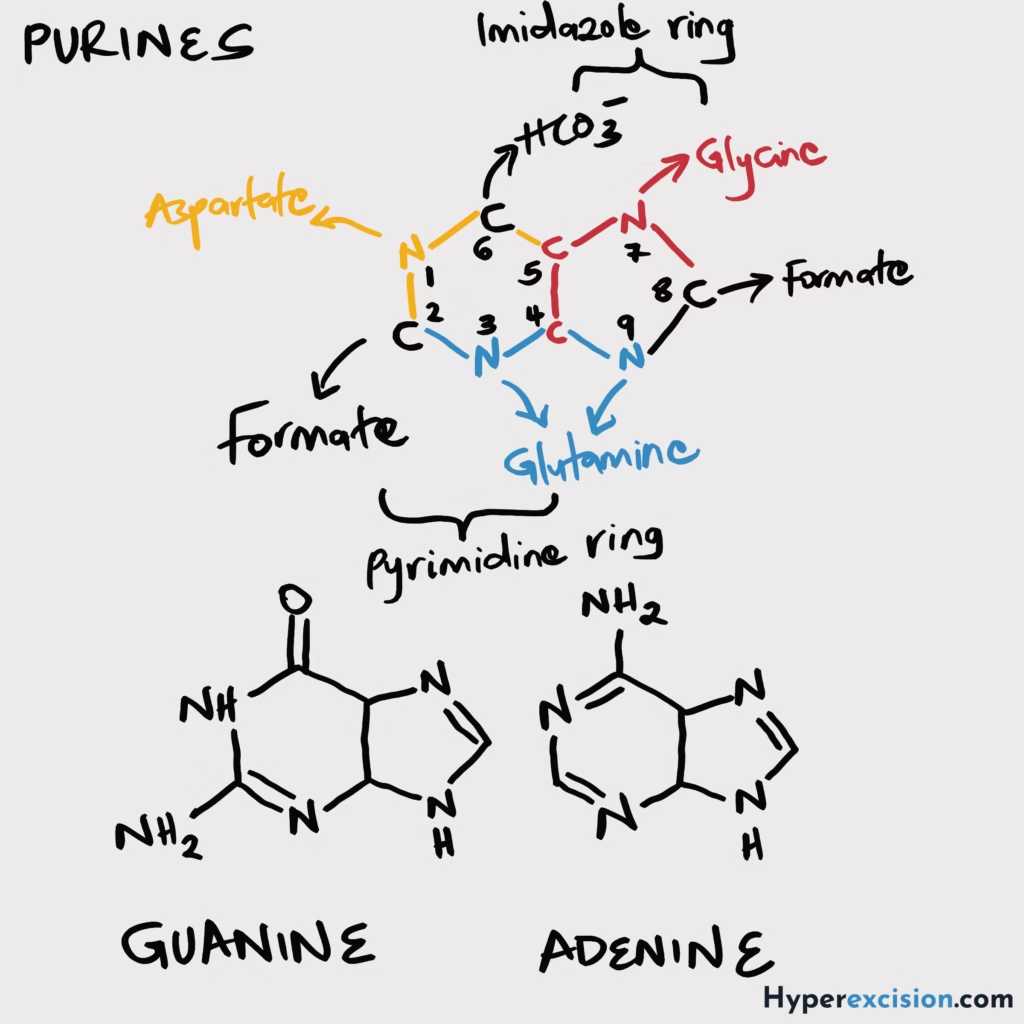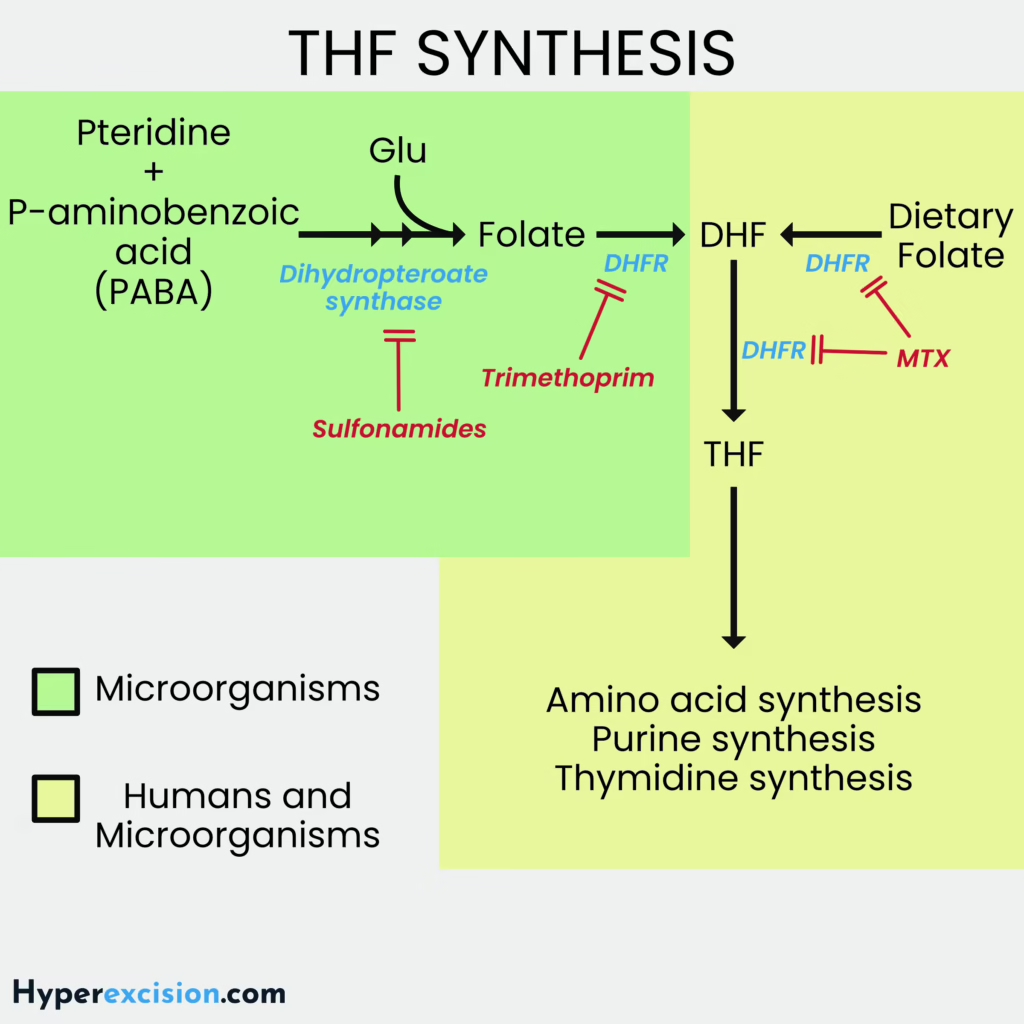Cannabis
Cannabis is the most commonly used illicit drug in the world. It is commonly used by patient who use other drugs. There is also a myth about it being a gateway drug. It is illegal in Kenya. Intoxication is usually an incidental finding on a urine toxicology screen.
The main active ingredient in cannabis is tetrahydrocannabinol (THC) which acts on cannabinoid receptors in the brain. Cannabinoid receptors inhibit adenylate cyclase. Cannabis has been used effectively to treat nausea and vomiting due to chemotherapy, increase appetite in patients with AIDs, to treat chronic pain and to reduce intraocular pressure in glaucoma.
Its long-term effects are controversial. Cannabis can cause leukopenia (and mild immunosuppression) by binding on CB2 receptors which are found on immune cells.
Cannabis use disorder occurs in 10% of those who use cannabis, and up to 50% of those with daily use.
- Signs and symptoms of acute intoxication
- Conjunctival injection (red eyes)
- Increased appetite (”munchies”)
- Dry mouth
- Aloofness
- Disturbances in time perception (time slows down)
- Occasional disturbances in sensory perception (rare)
- Anxiety
- Mild tachycardia
- Signs and symptoms of withdrawal
- Irritability
- Anxiety
- Restlessness
- Aggression
- Strange dreams
- Depression
- Headaches
- Sweating
- Chills
- Insomnia
- Reduced appetite
- Treatment of intoxication
- Supportive treatment
- Psychosocial intervention
- Complications of cannabis use (chronic use)
- Cannabis-induced psychotic disurder (paranoia, hallucination and/or delusions)
- Asthma
- Chronic bronchitis
- Immnuosupression
- Cancer



